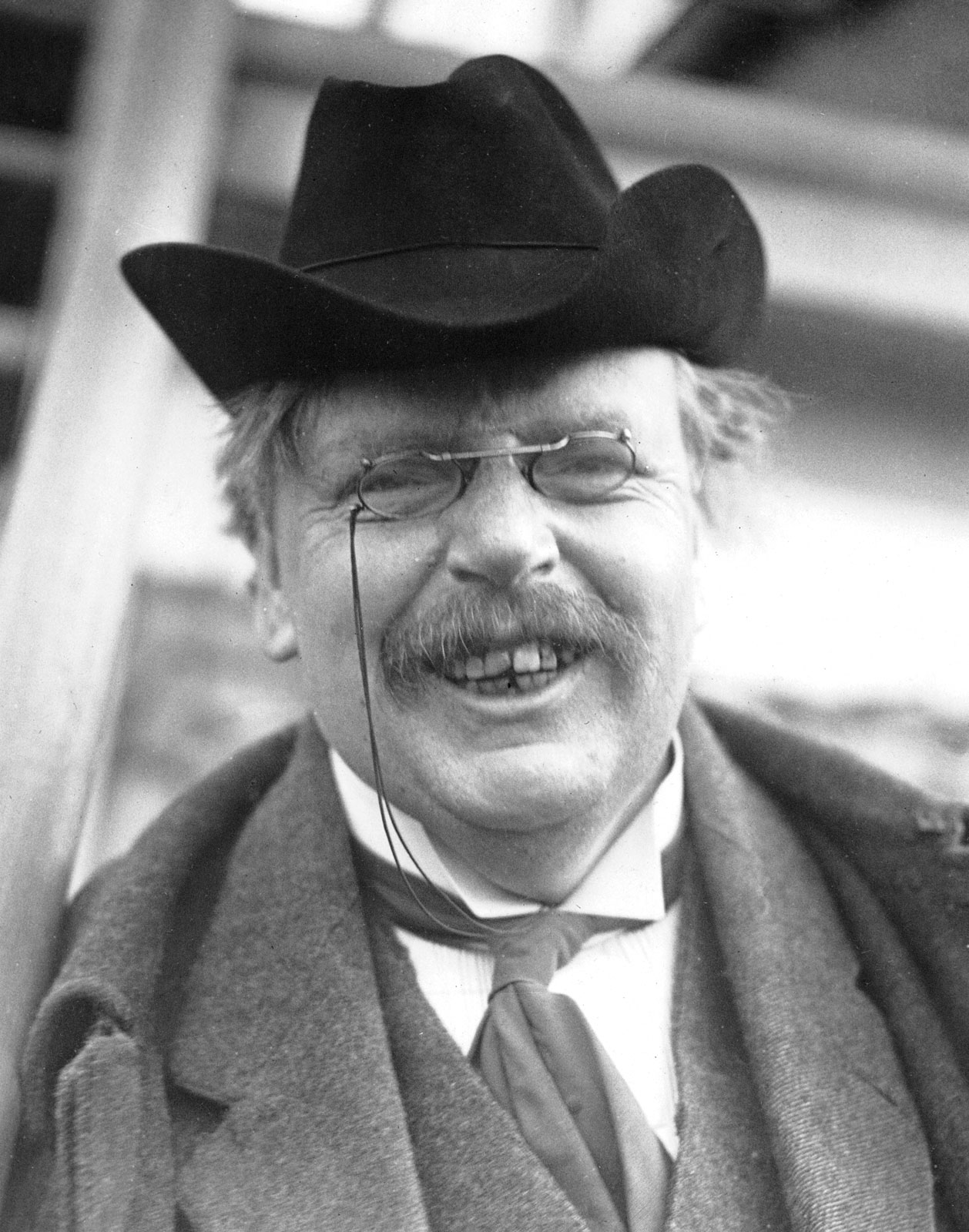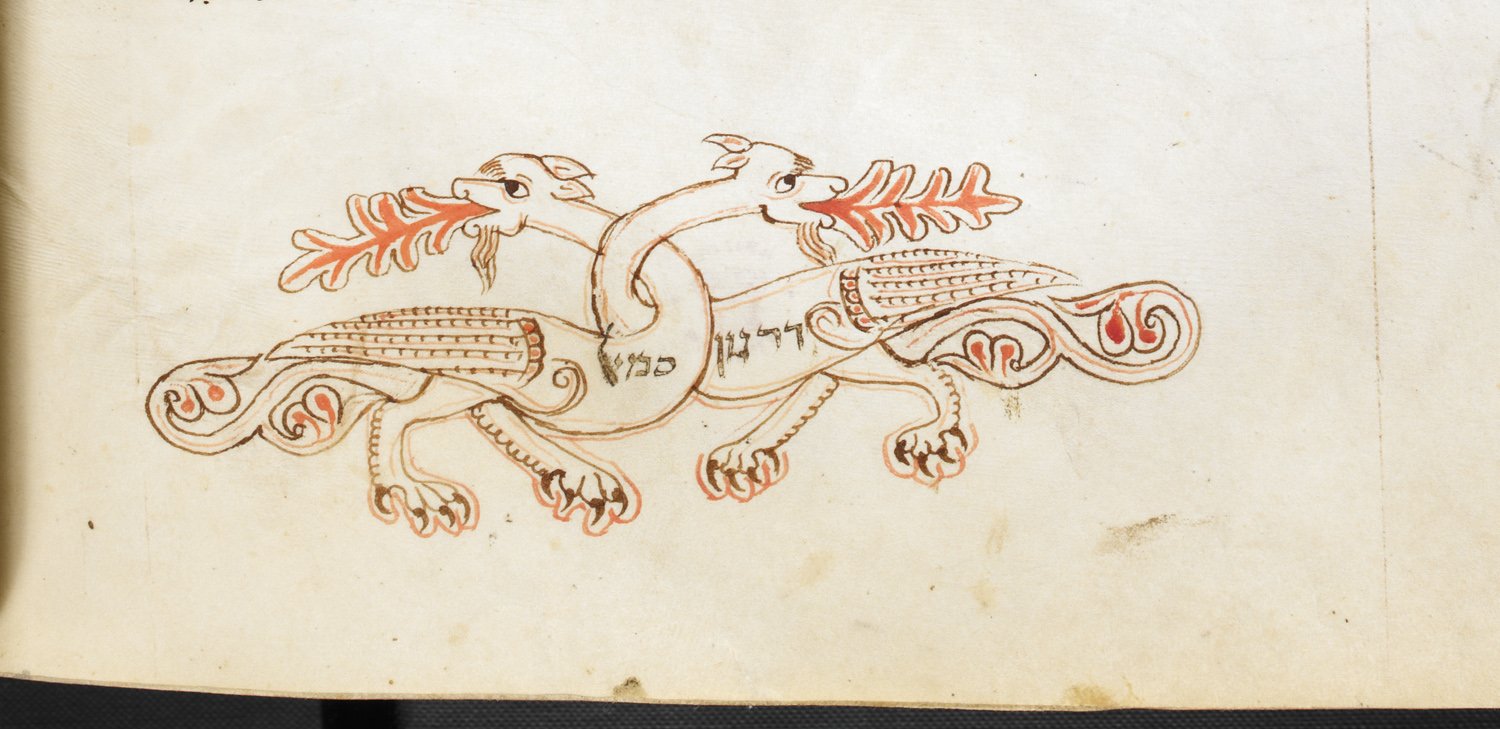So it is with the resurrection of the dead. What is sown is perishable, what is raised is imperishable. It is sown in dishonor, it is raised in glory. It is sown in weakness, it is raised in power. It is sown a physical body, it is raised a spiritual body. If there is a physical body, there is also a spiritual body.
1 Cor 15:42-44
The last two weeks (6th and 7th Sunday after the Epiphany) the Epistle reading in the Revised Common Lectionary has been from 1 Corinthians 15. In this extended passage Paul directly addresses the challenge of those who say there is no resurrection of the dead (1 Cor. 15:12), a challenge that still remains within many churches. “If there is no resurrection of the dead, then Christ has not been raised; and if Christ has not been raised, then our proclamation has been in vain and your faith has been in vain” (1 Cor. 15:13-14)
I grew up in the church confessing and believing in the resurrection of Jesus and our own eventual resurrection. As I have grown I have also doubted, questioned, and examined this belief. Again and again I have come back to the testimony of the Gospels and the witness of those who saw the risen Jesus and, while I continue say “I believe Lord, help my unbelief,” I hold to the hope of the resurrection.
This knowledge and faith did not leave me when Mack died, but grief places a pall upon life. That Easter we went to my parent’s church, the church I grew up in, and this was the passage the minister chose for his sermon. I knew it well, I even started to recite the words silently to myself as he read them, and yet I felt such a deep quenching relief as I heard them. They were old and hoary, committed to memory, and yet I heard them for the first time.
Paul’s message is clear and strong. Jesus rose from the dead and so shall we. Furthermore, while death is no longer the final word, it is necessary: “this perishable body must put on imperishability, and this mortal body must put on immortality.” We need not fear death, not because it will not come to all (almost all, v. 51) of us, but because it is necessary for our rebirth. It is the assurance of immortal and imperishable life.
But in fact Christ has been raised from the dead, the first fruits of those who have died. …so all will be made alive in Christ.
1 Cor 15:20, 22
Lately I have been meditating on the latter portion of chapter 15, the one in our reading today. “And as for what you sow, you do not sow the body that is to be, but a bare seed, perhaps of wheat or of some other grain” (15:37). Paul’s message is that this perishable body of ours must die so that our imperishable, spiritual body may be raised, yet his analogy has caused me to fantasize. If a small grain becomes a tall, waving grass, if a nut the size of a nickel grows to become a tree, what must Mack look like now?
He was only completing his 9th year around the sun, but Mack was already getting quite tall, he was all legs and arms, with a wide smile, and hair that stood up at the back of his head like a sentinel. Most would say he was a very handsome boy. Yet that is nothing compared to his imperishable body, says Paul. Again, I dream, I fantasize, I imagine Mack taller than a tree, like one of Lewis’ eldila, tall and elegant, moving “as swift as light,” no doubt to protect his goal in a game of divine footie.
It is silly in so many ways, my own Phantastes perhaps. Yet I find it refreshing to dwell on something for which we have so little information. These few verses from Paul give us our only real description in the Bible of what that resurrected body might be like. 1Some will point out that Jesus appeared to his disciples not only looking as he did before, but bearing the wounds of his sacrifice. That is true, but given Paul’s language here, I would suggest that Jesus appeared in that form so that they might believe. Paul is certain that our “imperishable bodies” will be something truly other. Still, he makes it clear that he too grasps for adequate words and is working from known to unknown by analogy. So for a few minutes it is blessed to allow my mind to wander through the cool, moist woods of eternity into a broad sward full of life and games. It makes me smile to think of the glory, of the power, of the radiance and joy.

- 1Some will point out that Jesus appeared to his disciples not only looking as he did before, but bearing the wounds of his sacrifice. That is true, but given Paul’s language here, I would suggest that Jesus appeared in that form so that they might believe. Paul is certain that our “imperishable bodies” will be something truly other.





